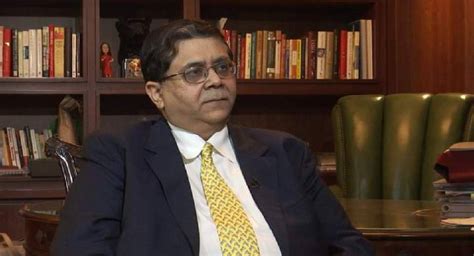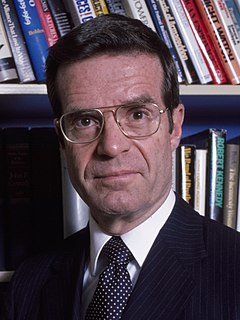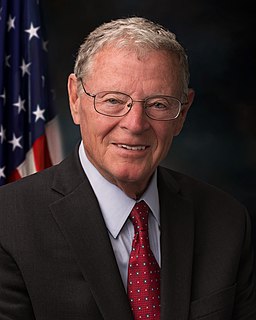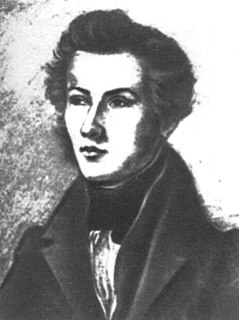A Quote by John F. Kennedy
The most effective means of upholding the law is not the State policeman or the marshals or the National Guard. It is you. It lies in your courage to accept those laws with which you
disagree as well as those with which you agree.
Related Quotes
State inspection laws, health laws, and laws for regulating the internal commerce of a State, and those which respect turnpike roads, ferries, &c. are not within the power granted to Congress. ... Inspection laws, quarantine laws, health laws of every description, as well as laws for regulating the internal commerce of a State, and those which respect turnpike roads, ferries, &c., are component parts of this mass. No direct general power over these objects is granted to Congress, and, consequently, they remain subject to State legislation.
National law has no place in cyberlaw. Where is cyberspace? If you don't like banking laws in the United States, set up your machine on the Grand Cayman Islands. Don't like the copyright laws in the United States? Set up your machine in China. Cyberlaw is global law, which is not going to be easy to handle, since we seemingly cannot even agree on world trade of automobile parts.
I see basically two models of law firms in the world. One of the global law firm they go by the name of one-stop shops, which will open an office, everybody see and opportunity and will also practice the local law of that jurisdiction. That's a successful model as well but that's not the only model. And the other model is those of independent law firms, national champions which have some unique strengths as well and I think both have their strengths and weaknesses.
I believe in an America in which the fruits of productivity and prosperity are shared by all, by workers as well as owners, by those at the bottom as well as those at the top; an America in which the sacrifices required by national security are shared by all, by profiteers in the back offices as well as volunteers on the front lines.
There are those who argue that the concept of human rights is not applicable to all cultures. We in the National League for Democracy believe that human rights are of universal relevance. But even those who do not believe in human rights must certainly agree that the rule of law is most important. Without the rule of law there can be no peace.
The bread which you hold back belongs to the hungry; the coat, which you guard in your locked storage-chests, belongs to the naked; the footwear mouldering in your closet belongs to those without shoes. The silver that you keep hidden in a safe place belongs to the one in need. Thus, however many are those whom you could have provided for, so many are those whom you wrong.
The pure Christian State is a State in which theological law prevails. This law attains to real power or, to be more exact, absolute power, when through its results which are identical with those of opium, it puts all parts of humanity to sleep. If some occasionally awake they carry out crimes that horrify humanity which has not yet become Christian in the full sense of the word or has already abandoned the Christian framework.


































